Soil & Health is appalled at the lack of consumer choice from Food Standards Australia New Zealand’s (FSANZ) mandatory folic acid fortification of bread proposal released on Friday evening. The proposal is for effectively all bread to have synthetic folic acid added.
With no meaningful exceptions in the proposal, Soil & Health is calling on the Minister of Food Safety Annette King to use her influence for at least organic breads to be exempt to allow consumers choice.
“At the recent Baking Industry Association of New Zealand conference the Minister expressed the need for choice and the difficulty for bakers with the all bread proposal and I know she has heard consumers” said Soil & Health spokesperson Steffan Browning.
“Mass medication is not wanted by New Zealanders and New Zealand Government submissions to FSANZ were clear about that, but that message has been effectively ignored. New Zealand studies mentioned found the majority of participants were opposed to mandatory fortification with folic acid.”
The FSANZ Board has effectively rejected a strong submission* supporting the need for consumer choice from the New Zealand Food Safety Authority (NZFSA). Ministry of Foreign Affairs and Trade (MFAT), Ministry of Economic Development (MED), and the Ministry of Consumer Affairs supported the wide-ranging submission. The Ministry of Health (MoH) supported the submission in principle.
“While varying from the Soil & Health submission, which called for a full exemption for organic products from the synthetic folic acid, NZFSA has certainly listened to consumer concerns and looked for a middle way through” said Mr Browning. “Soil & Health remains committed to helping organic consumers and small bakers find a solution to this draconian proposal.”
There have yet to be any publicly funded campaigns in New Zealand promoting naturally folate-rich foods or folic acid supplements to address the incidence of neural tube defects. Foods naturally high in folate are green leafy vegetables (such as broccoli and spinach), nuts, orange juice, some fruits and dried beans and peas. Cereals are moderate sources of folate. With children to be the more likely victims of excessive folate levels and health issues around excessive folate levels unresolved, choice and education are a better solution.
This FSANZ proposal leaves consumers baking their own bread as the only real option if wanting a choice. This is not acceptable to most organic consumers who, like other consumers. rely on commercial bakers for their synthetic free daily bread.
“My baker of choice uses no additives at all,” said Mr Browning “ and this decision takes no account of the natural folate already existing above average in the wholesome organic loaves.”
The FSANZ proposal says
“Mandatory folic acid fortification may be an issue for bakeries producing artisan breads using only ‘natural ingredients’, and for organic bread manufacturers. Artisan bakers may consider the fortification of their products will not fit with their niche market, and could be seen as detrimental to sales. Folic acid may not be considered a ‘natural ingredient’ as it is a synthetic form of folate, and may also conflict with organic industry standards.”
“FSANZ’ could use Standards New Zealand’s Organic Standard for a definition of organic to allow an exception” according to Soil & Health’s Steffan Browning, “Consumer choice would be the better for it.”
Soil & Health calls on Minister of Food Safety Annette King, New Zealand’s representative on the Australia and New Zealand Food Regulation Ministerial Council, to insist on real consumer choice by way of a review of this proposal at the Council’s next meeting on 25th October 2006.
Steffan Browning
Spokesperson
The Soil & Health Association of New Zealand Inc
* Excerpts from the FSANZ decision analysis of NZFSA Submission
Consumer Choice
Refers to NZFSA (2005) and NZ Association of Bakers (2004) research on consumer attitudes to mandatory fortification that found the majority of respondents did not support mandatory fortification.
Considers that given the level of resistance to fortification in the New
Zealand population, consumers must have choice between fortified and unfortified bread products. Notes the current proposal would not provide consumer choice.
Health risks
Australian consumption data may not be accurate for NZ populations. Only appropriate to use Australian consumption data for NZ children if no suitable New Zealand data and modelling.
The percent of NZ children exceeding the UL could be far greater than 6% because all flour in NZ may be fortified with folic acid in NZ due to the inability of NZ flour mills to segregate bread making flour.
Children will be exposed to much higher levels of folic acid than previous generations. It may be in future generations of children that adverse effects become apparent.
No monitoring of young children has been undertaken in North America. Both of these countries provide some consumer choice between fortified and unfortified bread.
Removing bread from the diet of young children as an option for avoiding fortified bread would not be consistent with the New Zealand National Nutrition Guidelines.
Organics and natural
New Zealand Commerce Commission (NZCC) considers there may be implications in the proposal standard with regards to fair trade and labelling issues. The NZCC requests the opportunity to discuss these issues further before any decision to adopt the preferred option.
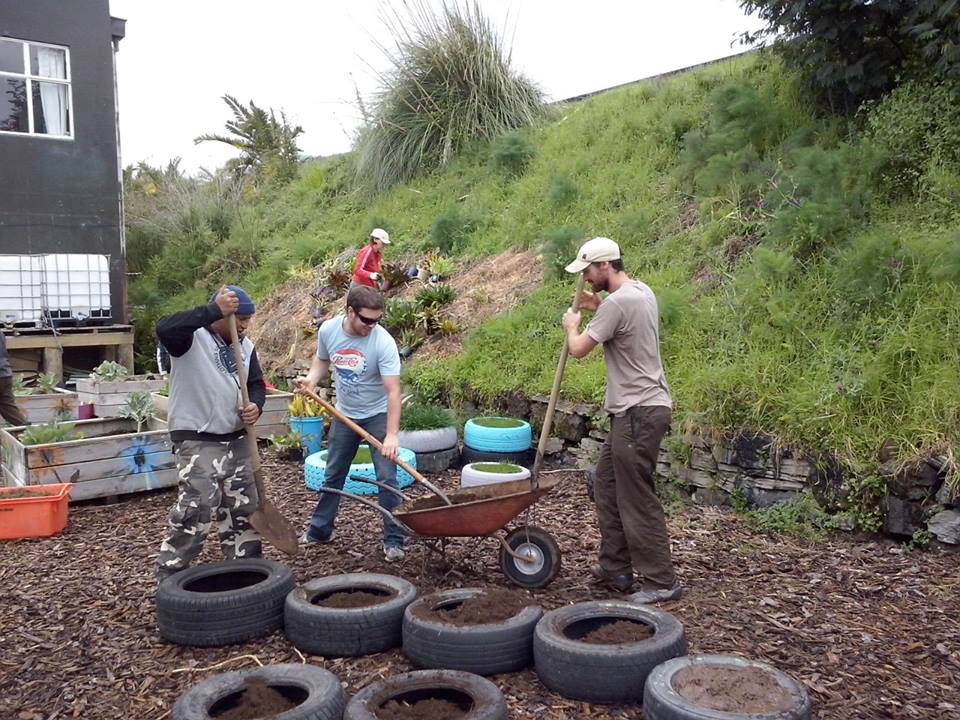


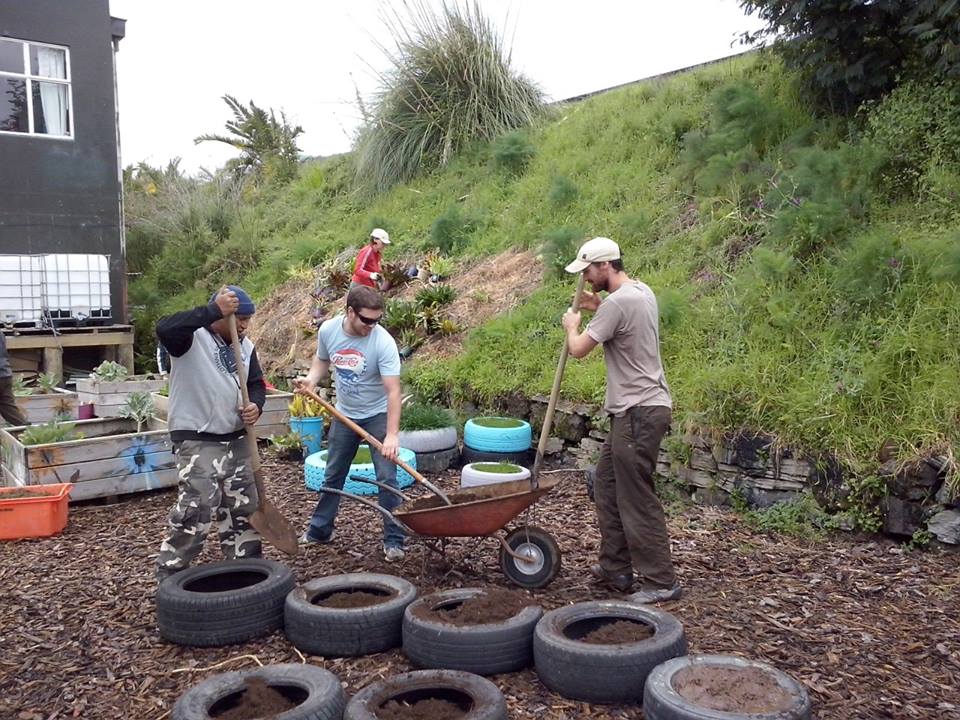
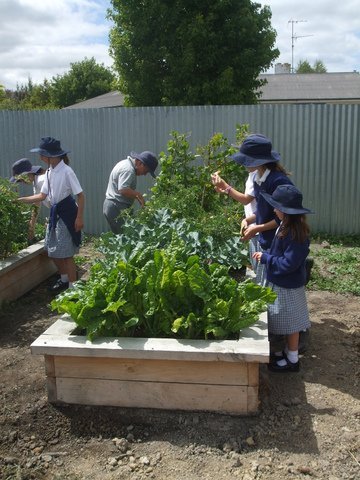


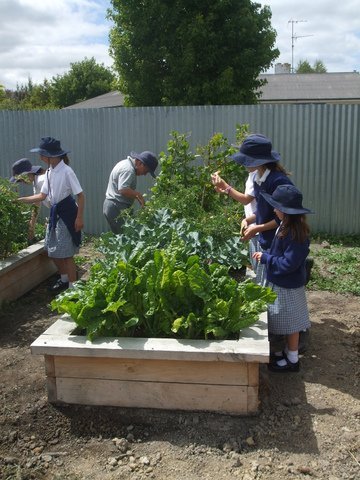 [/span4][/columns]
[/span4][/columns]
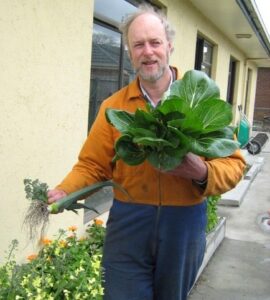
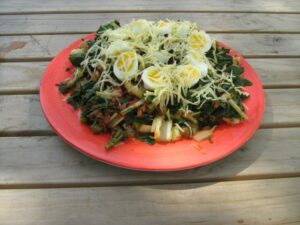
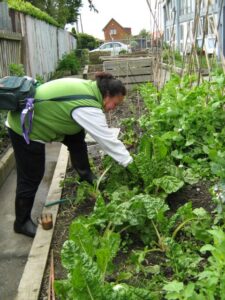 [/span4][/columns]
[/span4][/columns]